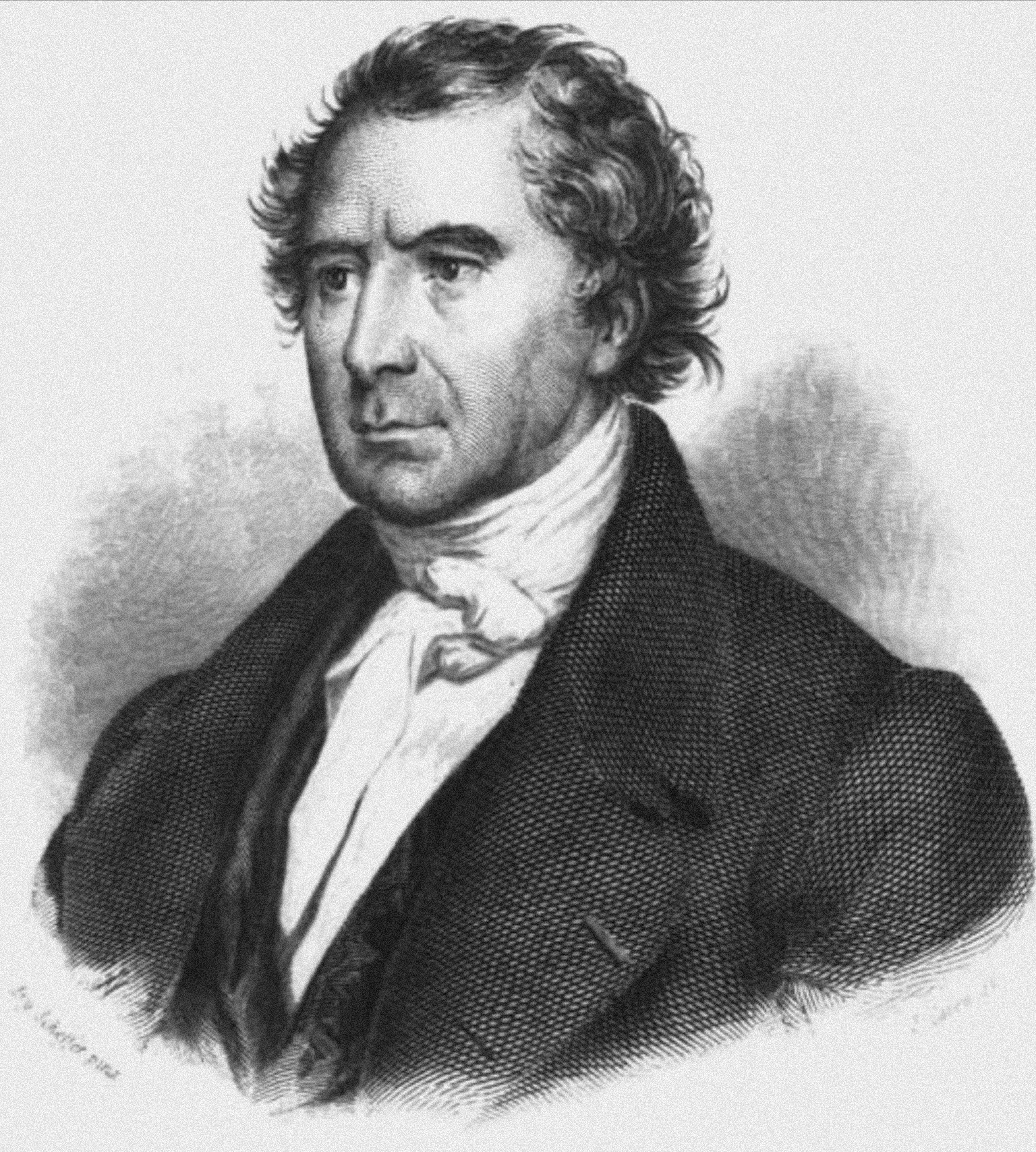"The History of My Youth", p. 55.
Biographies of Distinguished Scientific Men (1859)
Contexto: I was often humiliated to see men disputing for a piece of bread, just as animals might have done. My feelings on this subject have very much altered since I have been personally exposed to the tortures of hunger. I have discovered, in fact, that a man, whatever may have been his origin, his education, and his habits, is governed, under certain circumstances, much more by his stomach than by his intelligence and his heart.
François Arago: Frases em inglês
“I was often humiliated to see men disputing for a piece of bread, just as animals might have done.”
"The History of My Youth", p. 55.
Biographies of Distinguished Scientific Men (1859)
Contexto: I was often humiliated to see men disputing for a piece of bread, just as animals might have done. My feelings on this subject have very much altered since I have been personally exposed to the tortures of hunger. I have discovered, in fact, that a man, whatever may have been his origin, his education, and his habits, is governed, under certain circumstances, much more by his stomach than by his intelligence and his heart.
Joseph Fourier, p. 408.
Biographies of Distinguished Scientific Men (1859)
Contexto: The ancients had a taste, let us say rather a passion, for the marvellous, which caused them to forget even the sacred duties of gratitude. Observe them, for example, grouping together the lofty deeds of a great number of heroes, whose names they have not even deigned to preserve, and investing the single personage of Hercules with them. The lapse of ages has not rendered us wiser in this respect. In our own time the public delight in blending fable with history. In every career of life, in the pursuit of science especially, they enjoy a pleasure in creating Herculeses.
Laplace, p. 364.
Biographies of Distinguished Scientific Men (1859)
Joseph Fourier, p. 409.
Biographies of Distinguished Scientific Men (1859)
Joseph Fourier, p. 411.
Biographies of Distinguished Scientific Men (1859)
Laplace, p. 347.
Biographies of Distinguished Scientific Men (1859)
Tel est le privilége du génie : il aperçoit, il saisit des rapports, là où des yeux vulgaires lie voient que des faits isolés.
Joseph Fourier, p. 412.
Biographies of Distinguished Scientific Men (1859)
